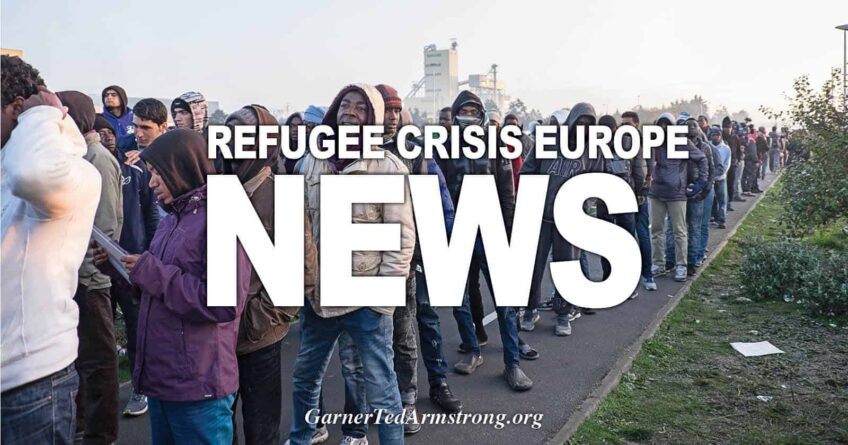(Reuters) – Asylum applications in Europe fell to the lowest level in April for over a decade as borders closed to prevent the spread of the coronavirus, European Union figures show, compounding the challenges of people fleeing conflict and persecution.
The number of asylum applications declined to 8,730 during April, an 86% drop from 61,421 in February, according to figures obtained by Reuters from the European Asylum Support Office (EASO). The EU had shut its external borders in March and many of its 27 member states suspended registration of applications.
The EASO figures also show a 44% drop in asylum applications from February to March, when states began imposing lockdowns.
“It is clear the access that potential asylum applicants had was severely restricted over the past few months, especially initially,” EASO executive director Nina Gregori told Reuters. “The situation for those in need of asylum has undoubtedly been very challenging. Already fleeing violence and persecution, the COVID-19 crisis has certainly compounded their situations.”
Most applications from 2020 through April were by Syrians followed by Afghans, Venezuelans, and Colombians, EASO data show.
It had already become more difficult for asylum seekers to reach Europe in recent years. The bloc has blocked off previous overland migrant routes and provided aid to Libya and Turkey to inhibit crossings by sea into the EU.
In April, Italy said it would not let migrant boats operated by charities dock as its ports could not be considered safe because of the coronavirus pandemic. Malta also said it could no longer guarantee the rescue of migrants or allow their disembarkation during the coronavirus emergency.
Those who made it to Europe during the COVID-19 pandemic but were unable to apply for asylum are now more at risk, said Petra Baeyens, senior legal officer at the European Council on Refugees and Exiles (ECRE), a network of more than 100 non-governmental organizations across 40 European countries.
“They have limited access to health care, and are considered to be irregularly on the territory as long as they have not made their asylum application,” Baeyens told Reuters.
“Their vulnerabilities are not being addressed and they are more prone to become victims of exploitation.”
Reporting by Lena Masri; Editing by Mark Heinrich








